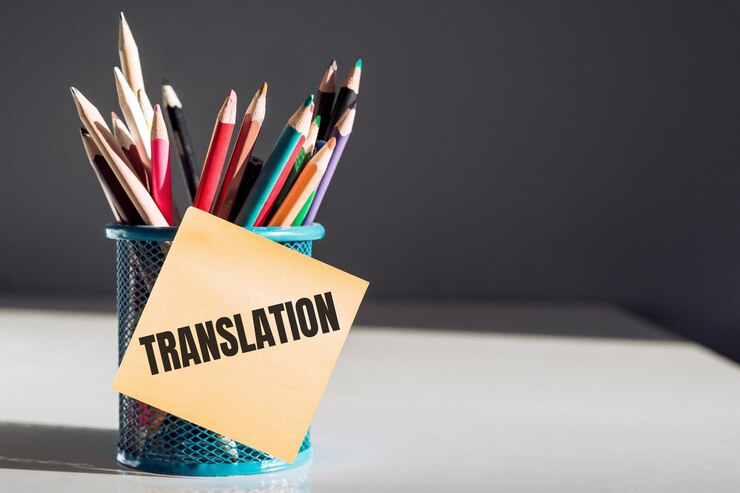1. Anyone who is bilingual can be a translator:
While being bilingual is a prerequisite for translation, it is not the only factor that makes a good
translator. A translator must also be a skilled writer in their native language, have a deep
understanding of the subject matter they are translating, and be able to convey the meaning of the
source text clearly and concisely. Simply speaking two languages does not qualify someone to be
a translator, and it is essential to seek out trained and certified professionals for any translation
needs. Unfortunately, some people still try to reduce translation costs by assigning tasks to non-
professionals, often leading to poor-quality results.
2. A translator can translate any subject matter:
Another common misconception is that translators are expected to be experts in all fields. This is
not the case, as not all translators are qualified to handle every assignment. To accurately
translate a text, a translator must understand the source material well, including the terminology
and concepts used. For example, technical translators have specialised knowledge of the
technical terms used in the languages they translate from and to, which allows them to provide
accurate translations of technical documents. A translator must have a background in the type of
material they are translating to ensure they are familiar with the relevant terminology and can
provide an accurate translation.
3. Written translation and interpreting are the same:
Written translation and interpreting are two distinct fields of translation. Written translators work
with written texts, while interpreters facilitate oral communication between two or more parties
who speak different languages. The skills and techniques required for each field are different,
and while some professionals may do both, many focus on one or the other.
4. A translator should be fast:
There is a misconception that translators do not take much time or effort in their work, which is
false. Translation is not a quick process and does not involve simply replacing one word with
another. Translators often have to deal with many words that do not have direct translations, so
they need to understand the entire text and rewrite it in another language. A translator can
typically translate about 2,000 to 3,000 words per day.
5. Machine translation can be relied on solely:
One of the most popular misconceptions about translation is that machine translation (e.g.,
Google Translate) is a great way to translate. While machine translation may be good at
translating individual words and simple sentences that are frequently repeated online, it will
never be able to understand the context of a text. Only a human translator can understand the
nuances of a language and translate it accurately. For example, Google Translate can sometimes
produce inaccurate, funny, or incomprehensible translations. It is unlikely, however, that
machine translations will ever come close to replacing human ones.
6. A good translator does not need proofreading:
There is a common belief that proofreading wastes money, but this is not the case. Proofreading
is essential to ensuring that a translation is of high quality. While some errors may be acceptable
for internal documents, publishing materials that clients see without proofreading beforehand is a
big mistake. It is important to remember that all translations, even those done by the best
translators, should be proofread to ensure the best possible quality.
EgyPerfect Certified Translation Agency is your choice for certified translation services. Boasting accreditation from various embassies and the Real Estate Registration & Documentation Authority, our expertise covers a wide range of certified translations, including but not limited to:
• Birth Certificates Translation; Family Registration Documents Translation; Marriage and Divorce Certificates Translation; Travel Records Translation; Transcripts of Grades Translation; Graduation
Certificates Translation; Criminal Records Translation; Personal ID cards Translation; Courts’ Rulings Translation; Entire Types of Contracts, such as lease and sales contracts Translation; Military Service Certificates Translation; Driver's licences Translation; Salary Statements Translation; Bank Statements Translation; Pension Certificates Translation; Power of Attorney Translation; Expertise Certificates Translation; Commercial Registries Translation, and Tax Cards Translation. Additionally, we specialise in real estate documentation, providing Certified Translators & Certified
Translation Services for the Real Estate Registration & Documentation Authority and the General
Authority for Investment and Free Zones in Nasr City.
Languages we cover:
Arabic, English, French, Italian, German, Spanish, Greek, Swedish, Turkish, Russian, Chinese, Dutch, Hebrew, Japanese, Korean.


